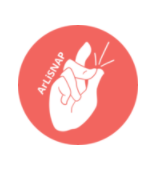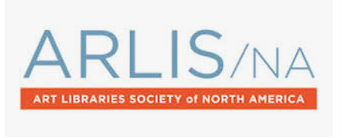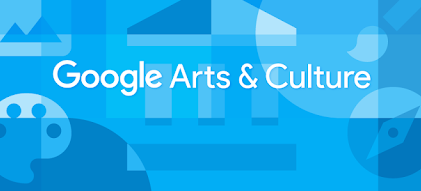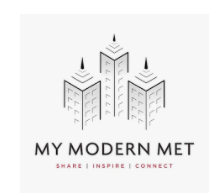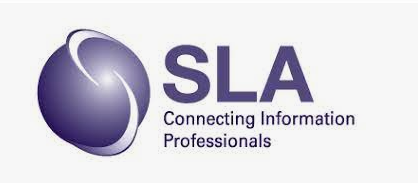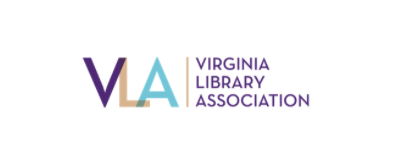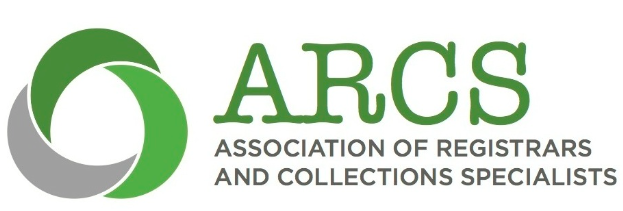I have included a list of resources that have served me both academically and professionally during my time in the MLIS program. Here you will find a brief description of each resource along with a link to access it.
ArchivesAware! is the official blog of the Society of American Archivists. The main goal of this blog is to bring awareness to the importance of archives and archival careers and to highlight outreach efforts within the profession. Some of my favorite features to peruse are “There’s an Archivist for That!” and “Ask an Archivist”, both of which provide an informative and sometimes amusing peek into what a career as an archivist might look like.
Society of American Archivists. ArchivesAware! (n.d.) https://archivesaware.archivists.org
ArLiSNAP stands for Art Library Students and New Arlis Professionals. This blog is a rich source of information for the community of new art librarians and those working toward a career in the field. Here you can find job postings, opportunities for awards, grants and scholarships, tools for professional development, conferences and webinars, interviews and guest posts. I feel like this site is really helpful for those looking into art librarianship and does a great job of providing the resources new professionals need to be successful in the field.
Art Library Students and New Arlis Professionals. ArLiSNAP. (2021). http://arlisnap.arlisna.org
The Art Libraries Society of North America is another great place for individuals interested in working in a special library setting. This site provides information about conferences, institutes and other events. I personally enjoy the features spotlighting art libraries in our country. There are also professional resources like job postings, internship opportunities, mentoring programs and links to publications.
Art Libraries Society of North America. (2021). http://arlisna.org
The American Alliance of Museums website has many fascinating and informative articles about life as a museum professional. The topics of these articles range from curatorial practice to diversity, equity, accessibility and inclusion in museums. There are also reflections on the future of museums, the importance of thinking globally and how to utilize the latest technology in a modern museum setting. You can also subscribe to their newsletter, Field Notes.
American Alliance of Museums. (n.d.). https://www.aam-us.org/
The official website of American Libraries Magazine has in depth features of libraries across the country. There are also many articles on trending topics in the library and information science field. The website is also home to a blog (The Scoop) and a podcast. A great introduction to “library land”.
American Libraries Magazine. (n.d.). https://www.americanlibraries.org
There is an abundance of interactive and informative content on Google Arts & Culture for lovers of museums and cultural institutions. The website is also available as a downloadable app. Users can take virtual tours of museums and libraries around the world. During the Covid-19 shutdown, I took a virtual trip to the Louvre when I was tired of my living room. Google Arts & Culture provides links to world museum collections in an A-Z format and features media about renowned artists and art movements.
Google Arts & Culture. (n.d.) https://artsandculture.google.com/
I have enjoyed the journal In The Library With The Lead Pipe since I was introduced to it in one of my first assignments in ODU’S MLIS program. In The Library With The Lead Pipe is an open access and open peer reviewed journal with timely and poignant articles about librarianship and the modern issues facing the profession. I have found it to be insightful and thought provoking.
In The Library With The Lead Pipe: An open access, open peer reviewed journal. (n.d.). https://www.inthelibrarywiththeleadpipe.org
My Modern Met features articles that blend together the worlds of art, literature, history, culture, science and more. It is both entertaining and informative. There is a “Career” section for news about job listings and opportunities for professional development. There are also interviews with artists and art professionals.
My Modern Met. (2021). https://mymodernmet.com
The Special Libraries Association is a membership based organization. However, there are a lot of resources for non members available on the website. For those interested in working in a special libraries or those already in the field, there are postings for upcoming conferences and information on professional development opportunities. Visiting the Career Center tab is a quick and easy way for browse or post job listings.
Special Libraries Association. (2021). https://www.sla.org
The Virginia Library Association is an important organization to follow if you are an information professional in our state. With resources tailored to this region, Virginia librarians can browse local job listings, connect with other information professionals and be alerted to upcoming conferences and events. This is another site where becoming a member will unlock more resources for you.
Virginia Library Association. (2021). https://www.vla.org
The Teaching with Primary Sources Collective emphasizes the importance of utilizing primary sources as educational tools. This site provides resources, professional development opportunities and case studies for educators, librarians, archivists and other cultural heritage professionals. The TPS Collective website has links to toolkits, lesson plans, a newsletter, information about upcoming events and conferences and information for those who would like to get involved further with the organization.
Teaching with Primary Sources Collective. (2023). https://tpscollective.org/
This LibGuide provided by the University of Colorado Boulder Libraries is an indispensible resource for getting started with archival research. The guide is a great place to familiarize oneself with what constitutes archival collections, how archives differ from libraries, what the duties of archivists entail and much more. There is a tab devoted to Finding Aids and their usage and one detailing issues of access and copyright. I was particularly pleased to see information on the identification and use of primary sources and a section in which archival silences are addressed. The guide also provides links to the University archives along with links to other national, international and digital repositories.
The University of Colorado Boulder Libraries. Introduction to Archival Research. (2022). https://libguides.colorado.edu/c.php?g=1154758&p=8428074
The Association of Registrars and Collections Specialists provides resources such as professional networking opportunities, educational development, workshops, meetups, career assistance and more to individuals in the field of collections management. While completing my internship at the Barry Art Museum, I primarily worked on projects that would fall under the umbrella of museum registration. My experience opened my eyes to the many careers that take place “behind the scenes” in cultural heritage institutions in which I could apply the skills and knowledge I have gained through the MLIS program. The articles and toolkits provided by The Association of Registrars and Collections Specialists are a great resource for those interested in collections care.
The Association of Registrars and Collections Specialists. (2023). https://www.arcsinfo.org/
Things I’m Fonds Of (a wonderful play on the archival principal of respect des fonds) is the personal blog of archivist Emily Lonie and was launched in 2016. Here, she shares her thoughts on the profession, highlighting the trends, projects and stories that have captured the attention of her and her colleagues. The blog provides an interesting and entertaining look into the world of archives and the evolution of the profession as a whole.
Lonie, E. Things I’m Fonds Of. (n.d.). http://www.thingsimfondsof.com/

